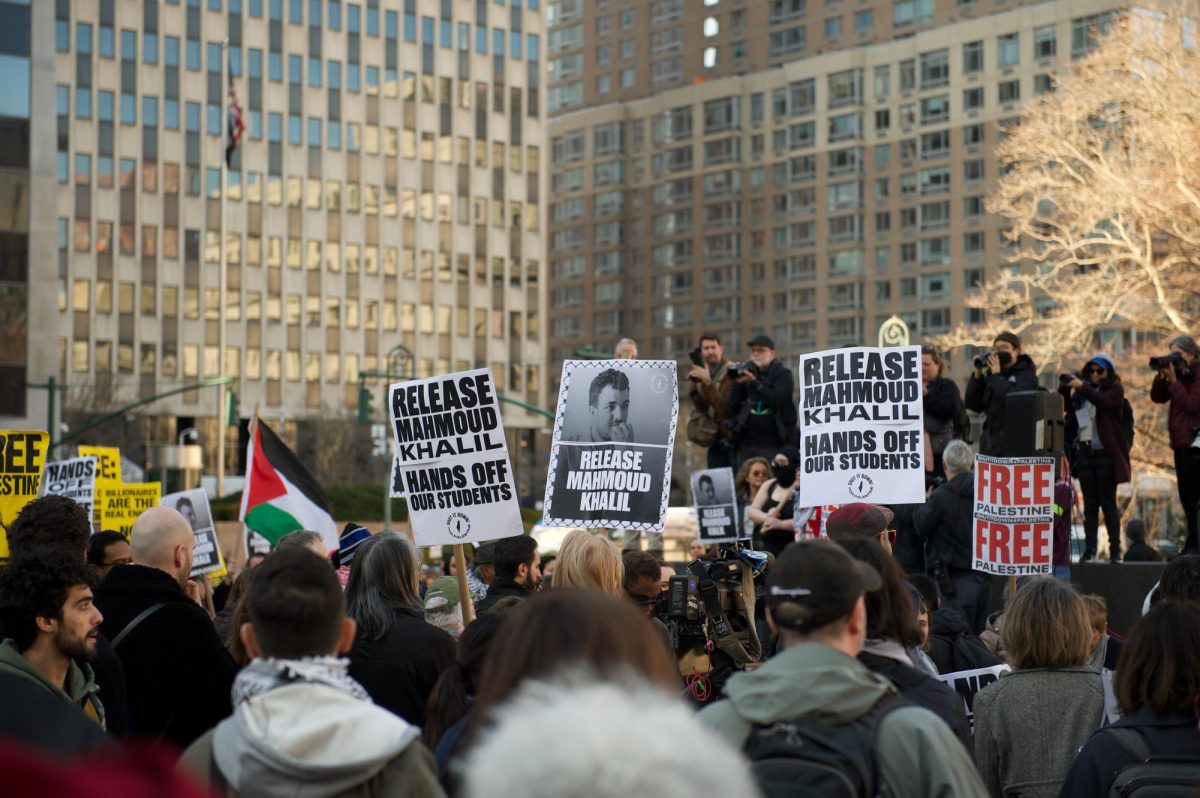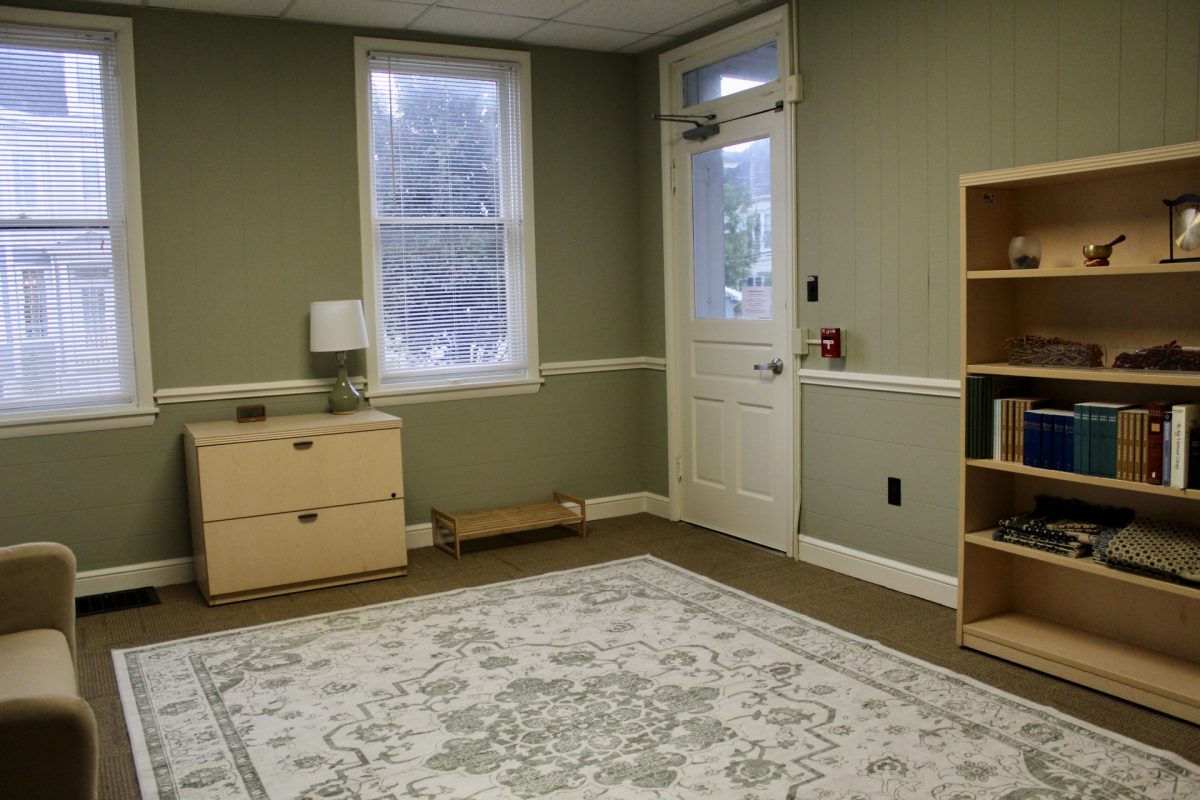As the second Trump administration has taken on the issue of deportation, its effects are being felt in the educational system that connects students across America. The agenda on free speech is exercising control and authority over universities, cracking down on freedom of expression with unprecedented intensity. This case bears a stark contrast to presidential actions made on Donald Trump’s first day in office this year, vowing to “secure the right of the American people to engage in constitutionally protected speech … [and] take appropriate action to correct past misconduct by the federal government.”
Ten days following the announcement, Trump signed an Executive Order to combat antisemitism, promising that the federal government would revoke student visas and deport Hamas sympathizers and stating that campuses have been “infested with radicalism like never before.” As of March 27, Secretary of State Marco Rubio has touted that the administration has revoked roughly 300 visas already, demonstrating the grim reality of the asterisk that follows “freedom” of speech in academia today.
Trump’s administration has leveraged ICE investigators to locate predominantly pro-Palestinian students and faculty via social media. Highlighted cases have been documented at colleges like Georgetown, Cornell, Alabama and Columbia. Recent Columbia graduate Mahmoud Khalil was detained on the grounds of foreign policy risks and a lack of employment disclosure with the UN Palestinian refugee agency (UNWRA). Alireza Doroudi, a doctoral student at the University of Alabama, was arrested despite holding a student visa, with unclear information available on any notable risks they posed aside from their Iranian national identity.
Efforts taken by the Trump administration have included investigations into written works. Tufts University Ph.D. candidate Rumeysa Ozturk was detained over her contribution to the campus newspaper, The Tufts Daily, criticizing Tufts’ refrained position on Palestine.
Some students are fighting back, such as Yunseo Chung, a third-year student at Columbia University, who convinced a judge to temporarily cease deportation efforts aimed at her history of involvement with pro-Palestinian protests.
Dickinson is taking proactive steps to address concerns about students being investigated or disciplined for their political beliefs, especially international students. President John E. Jones III noted that while there has been no federal interference yet, but “that can change at a moment’s notice.” The College has begun preparing official communications and has alerted the faculty to potential risks.
Vince Champion, the College’s general counsel, has retained outside legal support “at the ready now to be engaged” if issues arise regarding academic freedom, ICE presence or student rights. The administration has also messaged international students with detailed guidance, as many will likely remain on campus over the summer. “Fear is realistic and palpable,” said Jones, “but we’re taking every step we can.”
Though Dickinson hasn’t received direct federal pressure, Jones acknowledged that faculty research grants have been pulled and there are reports of visa revocations elsewhere. The College has offered “know your rights” briefings and set up a rapid response process. Students are advised to contact the Department of Public Safety and legal counsel to “make sure T’s are crossed and I’s are dotted.” While the College won’t engage in civil disobedience, Jones emphasized its commitment: “Our mantra is to ensure due process and protect individual rights—as well as the rights of the College.”
Based on a recent community update sent out by the President’s Office, there is a FAQ document that can be accessed in the Campus Documents section of Dickinson Gateway, providing information to common questions regarding financial aid, academic freedom, and enrollment, among others.





penny pray • Apr 24, 2025 at 11:51 am
Well researched and well written with clear ,cogent facts ! Understanding the true meaning of anyone’s “words” can be difficult in the best of times, but ascertaining the reality behind the rhetoric and the “proclamations” being made by this current administration and the “leaders” such as Rubio and Noem that it has imposed on America is even more so. You cannot protect something while you work to destroy it. You cannot claim you’re supporting all Americans when you clearly protect favored parts of our country , some even criminal, while pursuing charges against so many more innocents . Thank you Tyler for reporting on this issue that is affecting everyone in our country and particularly striking fear into trusting college students who simply want to get an education so they too can achieve “the American Dream” and be productive citizens of what has always been The Land of the Free and the Home of the Brave. We must all remember how we got to be such an amazing country with the help of immigrants fleeing persecution to find freedom. If you are not a Native Indigenous People, you are the descendants of Immigrants from all over the World. and need to remember that before casting out “others”. We applaud you and President Jones for standing up for what is the right thing to do…for all of us ! Sincerely, Penny Pray